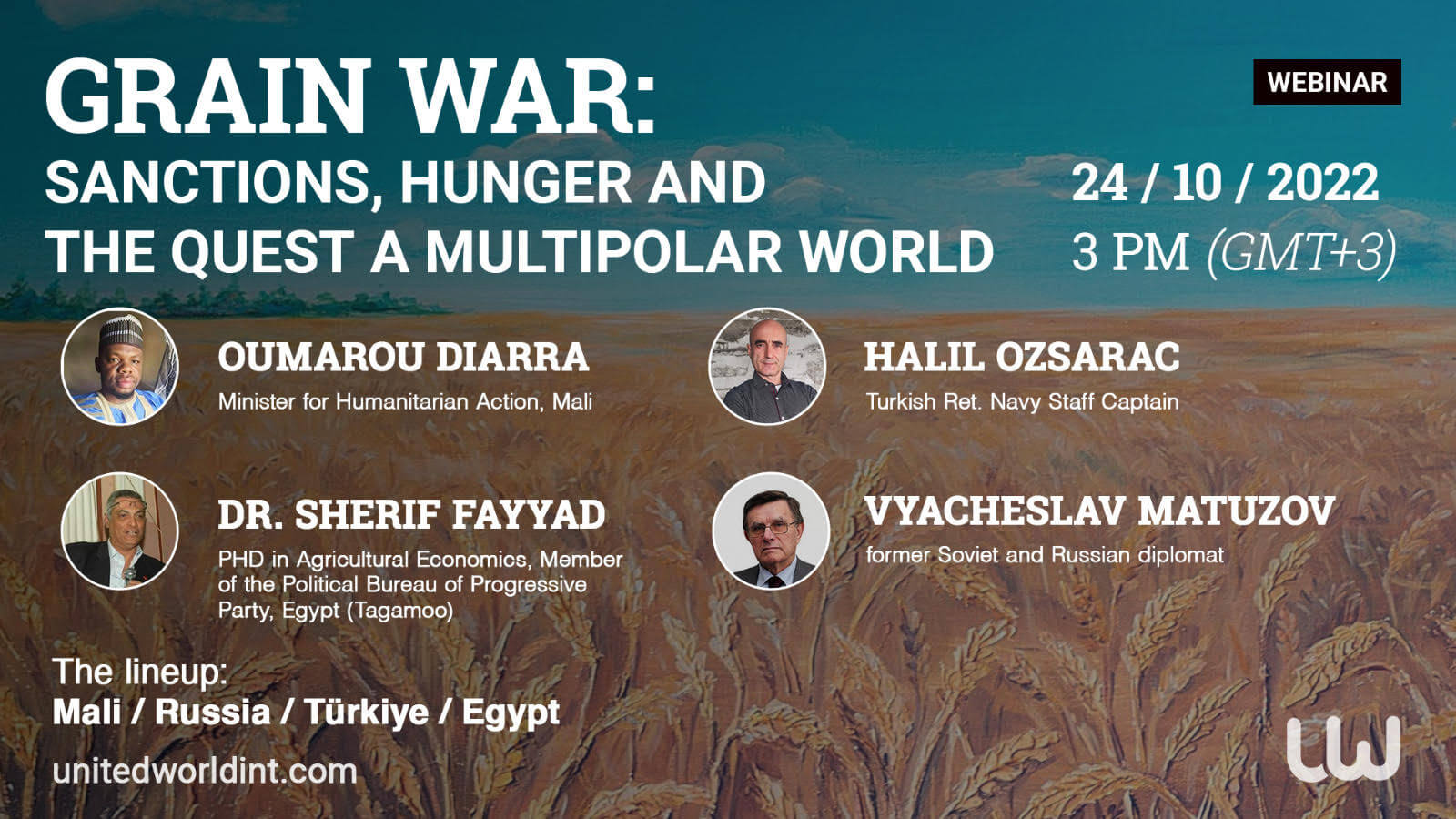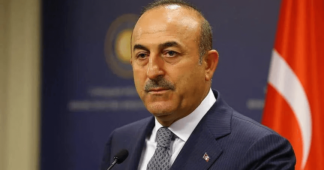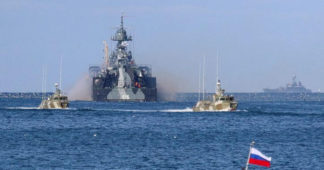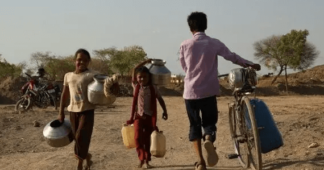International webinar with participation from Russia, Türkiye, Mali and Egypt
On July 22nd in Istanbul, Russia and Ukraine signed a package of documents mediated by Türkiye and the United Nations to solve the problem of food and fertilizer supplies to world markets. Earlier, the EU and the U.S. had stated that the conflict in Ukraine threatened the world’s poorest countries with a food crisis.
However, after the agreements of Istanbul, most of the grain from Ukraine went to Europe and not to African countries. Meanwhile, EU and U.S. sanctions continue preventing the shipment of Russian grain to Asian and African countries. These sanctions are also an obstacle to the supply of fertilizers to developing countries.
Turkish President Recep Tayyip Erdoğan and Russian President Vladimir Putin have recently criticized this situation.
“We make sincere efforts to ensure that grain reaches those who need it most, especially our brothers and sisters in Africa,” Erdoğan said at the Shanghai Cooperation Organization (SCO) Summit in Samarkand, Uzbekistan. Vladimir Putin said at the same conference that Russia had received positive signals for shipment of Russian grain through Turkish ports.
Will these shipments face EU and U.S. sanctions? How effective can Turkish-Russian cooperation in the food sector be?
Following experts from Türkiye, Russia, Egypt and Mali will discuss ways out of the current crisis:
Vyacheslav Matuzov, former Soviet and Russian diplomat
Halil Özsaraç, ret. Turkish Navy Staff Captain
Oumarou Diarra, Minister for Humanitarian Action, Mali
Dr. Sherif Fayyad, PhD in agricultural economics, member of the Political Bureau of the Progressive Party, Egypt
DATE AND TIME, OCTOBER 24TH , 3 PM (GMT +3)
Webinar language will be English.
The webinar can be watched online via the United World International Youtube channel.
For participation, please send mail to: editor@uwidata.com
We remind our readers that publication of articles on our site does not mean that we agree with what is written. Our policy is to publish anything which we consider of interest, so as to assist our readers in forming their opinions. Sometimes we even publish articles with which we totally disagree, since we believe it is important for our readers to be informed on as wide a spectrum of views as possible.












